This Treaty divided the world between Spain and Portugal
Treaty of Tordesillas
This invention led to the spread of ideas quicker than before, including Lutheranism, Calvinism, and the Counter-Reformation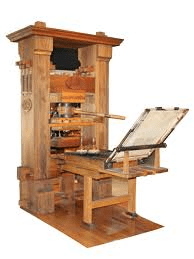
The printing press
Disagreement over the role of the Pope in Christian leadership led to this schism
The Great Schism
This corpulent German fellow started the Protestant Reformation with his 95 Theses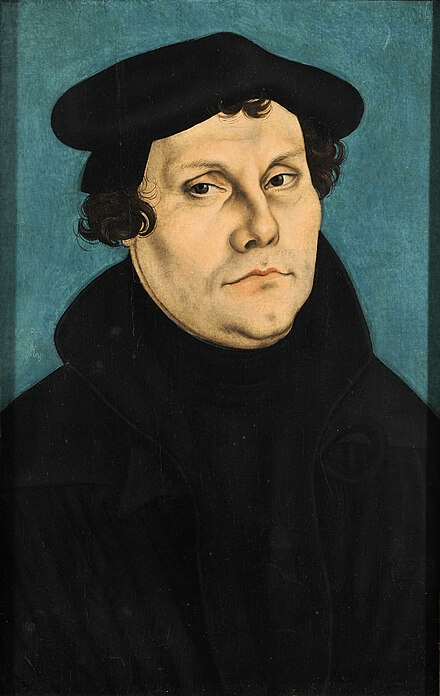
Martin Luther
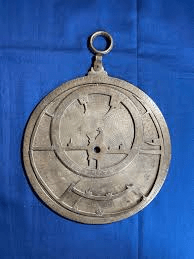
This instrument made it easier for sailors to navigate longer distances and return safely
Astrolabe
Exchange of crops, animals, and diseases between the Eastern and Western Hemispheres was called what Exchange (in 1492...)
Columbian Exchange
The Peace of this German City (31 mi) west of the Bavarian capital Munich in 1555 established the principle of Whose realm, whose religion (meaning the religion of the Prince was the religion of the land)
Augsburg
This theological issue was a major point of contention that contributed to the Great Schism between the Eastern Orthodox and Roman Catholic Churches (from the Latin "of the son")
Filoque Clause
This haunted looking man's Protestantism touted sola scriptura (only the scripture) and had an absolute, rigid interpretation of pre-destination (God knows where you're going to end up regardless of your will)
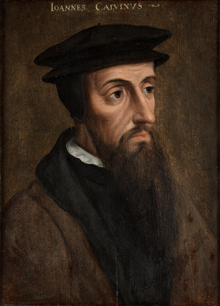
John Calvin
this American historian and playwright criticized traditional histories for being written from the perspective of conquerors, rulers, and victors
Howard Zinn
This Spaniard led the conquest of the Inca Empire with only 168 men
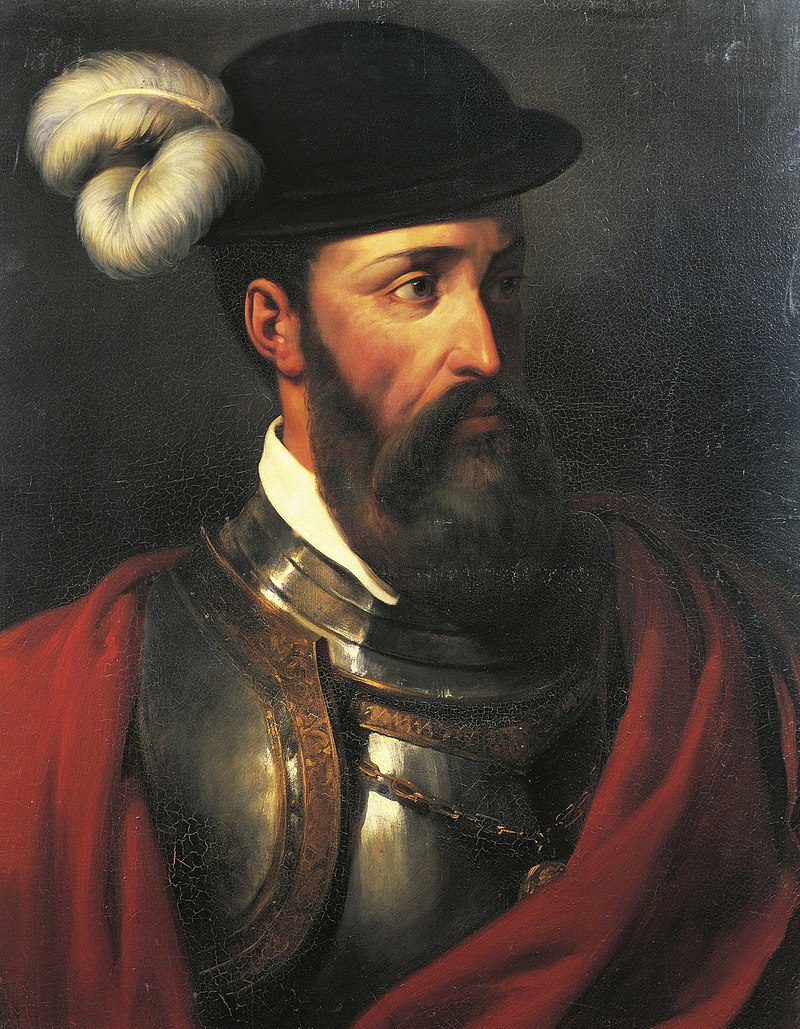
Francisco Pizarro
The Edict of this city granted religious tolerance to Protestants (It's also a song by millenial favorite band Beirut)
Nantes
While the West delivered their Latin mass, the Orthodox continued to preach in this language
Greek
This Portuguese man's crew circumnavigated (circled) the globe. Unfortunately, he was killed with an arrow in the Philippines
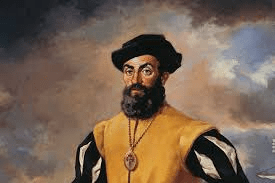
Magellan
The main criticism of this book and documentary says it relies heavily on geographic determinism, minimizing human agency and cultural factors
Guns, Germs, and Steel
This Portuguese man was the first to open a direct sea route from Europe to Asia, enhancing the spice trade (Fun Fact: It's also a sports club in Brazil)

Vasco da Gama
German sociologist, historian, jurist, and political economist Max Weber's this "Work Ethic" and the Spirit of Capitalism promotes the idea of hard work, frugality, and economic success as signs of virtue and salvation
Protestant
The Roman Catholic Church did this to the Patriarch of Constantinople, and the Eastern church did it right back, causing the final split between the churches
excommunicate
French Calvinist Protestants who faced severe persecution in predominantly Catholic France, fled to several countries during the 16th and 17th centuries, particularly after events like the St. Bartholomew's Day Massacre (1572) and the revocation of the Edict of Nantes (1685) by Louis XIV
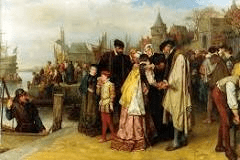
Huguenots
Zinn criticizes traditional history books as as heroic discoveries that brought civilization to the New World, especially with this problematic Genoan
Christopher Columbus
This 15th-century Chinese admiral commanded a fleet of treasure ships, leading voyages that expanded Ming China's influence across Asia and Africa (Fun fact: he was also a eunuch)
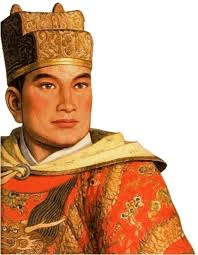
Zheng He
The sale of these raised funds for church upkeep, granted forgiveness of sins, and ensured salvation for the dead
Indulgences
This was seen as a change to a fundamental belief without the agreement of the Eastern Church (addition to the Nicene Creed)
The Filoque clause
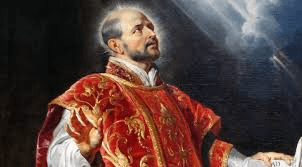
This Catholic was a key part of the Catholic Counter-Reformation (his name is also a Catholic School in San Francisco where Ms. T went!)
St. Ignatius of Loyola
Guns, Germs, and Steel argued that the americas could not develop advanced technology, establish large-scale political structures, and resist disease epidemics because they didn't have what
Domesticated plants and animals